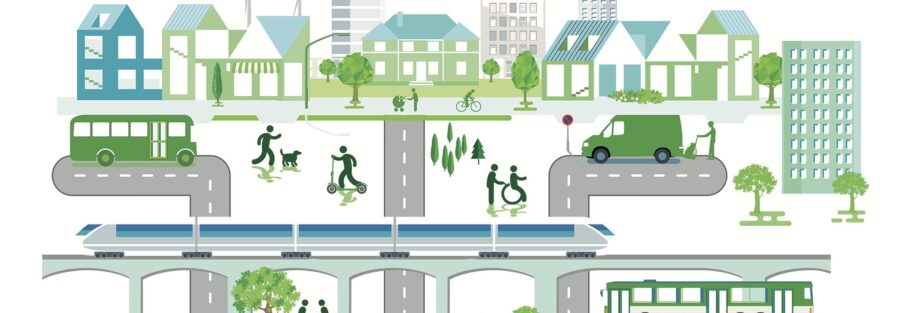The future of sustainable transportation lies in the hands of mechanical engineering. With the growing concerns about climate change and the need for eco-friendly solutions, engineers are revolutionizing the way we commute and travel. Through cutting-edge innovations, mechanical engineering is paving the way for an eco-friendly future that is both efficient and sustainable.
Revolutionizing Transportation: Cutting-edge Mechanical Engineering Innovations
Mechanical engineering is at the forefront of revolutionizing transportation. One of the most exciting innovations is the development of electric vehicles (EVs). Traditional internal combustion engines have long been the dominant force in the automotive industry, but with the advancement of technology, EVs are rapidly gaining traction. Mechanical engineers have played a vital role in designing and improving EV components, such as batteries and motors, to enhance their efficiency and range. These advancements are not only reducing carbon emissions but also decreasing our dependence on fossil fuels.
Furthermore, mechanical engineering is also revolutionizing the aviation industry. Aircraft are notorious for their high carbon footprint, but through innovative designs and materials, engineers are making great strides in reducing their environmental impact. The development of lighter and more aerodynamic aircraft structures, coupled with the utilization of alternative fuels, is transforming air travel into a more sustainable mode of transportation. Mechanical engineers are continuously pushing the boundaries to make aviation greener and more energy-efficient.
Paving the Way for an Eco-Friendly Future: Sustainable Advances in Mechanical Engineering
In addition to electric vehicles and greener aviation, mechanical engineering is making significant progress in sustainable advancements for other modes of transportation as well. One notable example is the development of high-speed rail systems. These systems offer a more energy-efficient alternative to air travel for long-distance journeys. Mechanical engineers are working on optimizing train designs to reduce drag and energy consumption. They are also exploring the use of regenerative braking systems, which capture and store the energy produced when trains brake, further enhancing their sustainability.
Another area where mechanical engineering is making an impact is in the development of alternative fuel sources for transportation. Biofuels, such as ethanol and biodiesel, are gaining popularity as greener alternatives to traditional fossil fuels. Mechanical engineers are involved in researching and developing efficient processes for producing these fuels, as well as designing engines and vehicles that can run on them. Additionally, advancements in hydrogen fuel cell technology are also being explored, with mechanical engineers at the forefront of designing and optimizing fuel cells for transportation applications.
The future of sustainable transportation holds immense promise, thanks to the advancements in mechanical engineering. From electric vehicles to greener aviation and high-speed rail systems, mechanical engineers are at the forefront of designing and optimizing transportation solutions that are efficient, eco-friendly, and sustainable. Through their cutting-edge innovations, they are not only reducing carbon emissions but also transforming the way we commute and travel. The path to a sustainable future lies in the hands of these visionary engineers, and their work is setting the stage for a greener and more environmentally conscious world.


